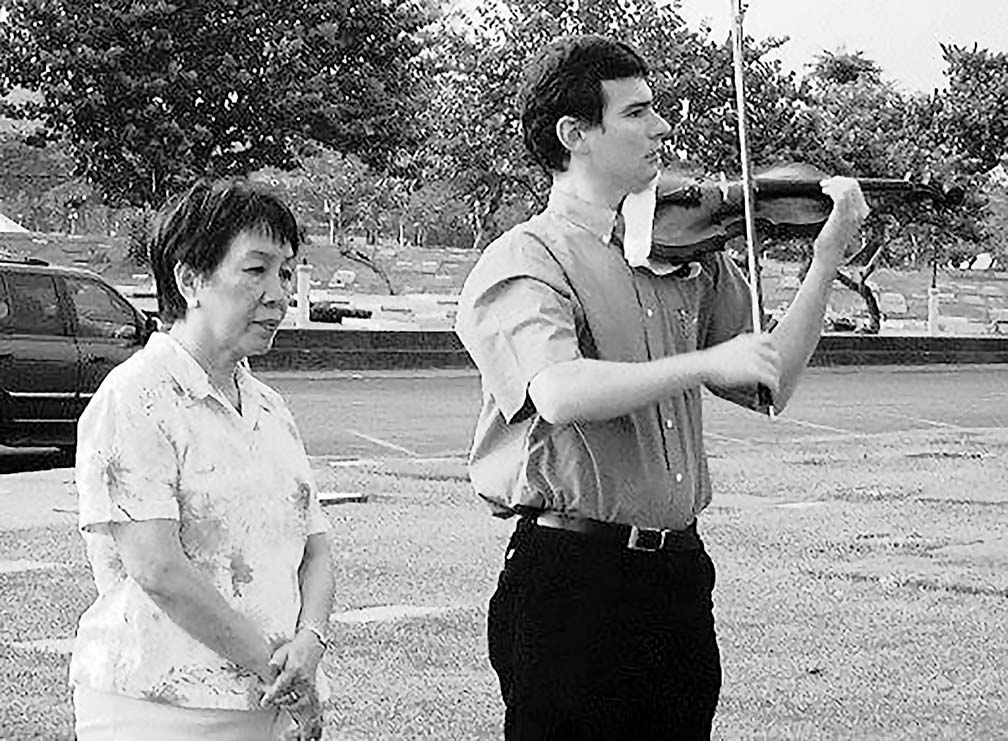In the last two years of the pandemic, we lost seasoned actors, great musicians, passionate poets from the mountains and in the city, colleagues from the media, painters, journalists and activists, singers young and old, and folk artists of various persuasions.
Grief is infinitely real when people die young and more so when they are in the prime of their lives. In the last two years, we witnessed well-spent youth vanishing just like that.
While we mourn the abridged lives, we also mourn those who fell in their last seasons. We also mourn lives cut short by accidents, sudden illness and those who died peacefully in their sleep. Let’s not forget those who died from bullets.
In my time, I witnessed the birth and death of people in the arts and the cinematic turn of their sad lives.
KINDRED SOULS
This is the month when one tries to make something out of the number of kindred souls who have gone to the stars.
Like National Artist for Literature F. Sionil Jose, his wife Tessie, movie queen Susan Roces, stage actors Baby Barredo, Menggie Cobarrubias, Bernardo Bernardo, tenor Lemuel de la Cruz and playwright Terrence McNally (Master Class), singer-song writer Danny Javier of the APO Hiking Society, among others.
On that note, I like friends who could look at death straight in the eye and never blinked.
Like filmmaker Marilou Diaz Abaya who died in 2012.
In the last few years of her life, Abaya remained a consummate artist.
She found time to write her last book, The Moonlit SEAsons. It is one book recommended for lovers of film who want to go deep into the art and life of Abaya.
Published in 2009 some three years before her death. Moonlit SEAsons is the filmmaker’s foray into literature as well as her last diary when she was diagnosed with cancer in 2007.
In the 187-page book designed by Dani Mojica, Abaya shared with her readers her fascination with nature and the world beyond Planet Earth.
Specifically, she expounded on her admiration for Japanese art and culture, her obsession with the moon and the sea, and how her future film projects were dictated by this fascination. It led to her writing very personal essays and dabbling in poetry, notably in the genre of haiku, tanka, and poem-tales.
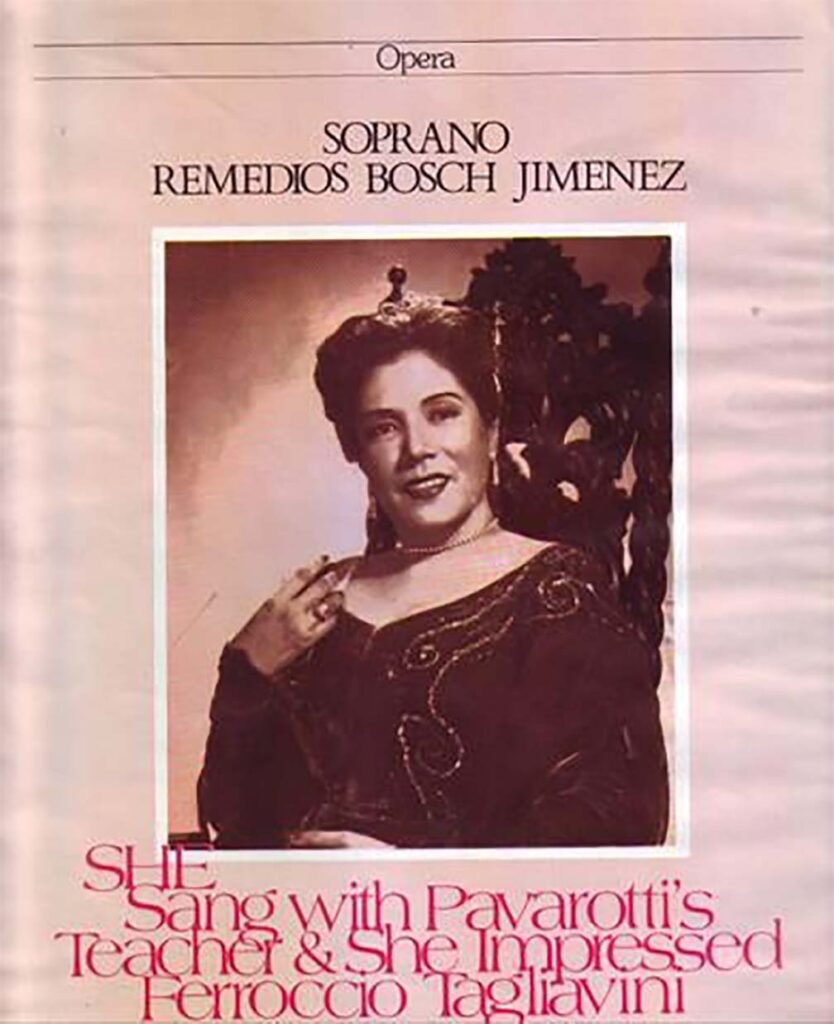
She admitted poetry evoked intuitive experience impossible to film. Understandably, she pays tribute to the sea in the opening haikus thus:
a coral garden
deep inside my
mother’s womb
In the dark, spawning
white tops on blue bay
windsurfers in pas de deux
Oh sweet amihan
choirs of angelfish
Beethoven’s Ninth symphony
diver’s cathedral
A curious essay on her friends Ishmael Bernal and Rolando Tinio, called “Two Navels,” was a clue that the filmmaker was all set to join her friends some three years before her death (the book was written in 2009).
She recalled that Bernal and Tinio also loved the outdoor in unusual ways. Rolando couldn’t swim but loved the sea. Ishmael was a trained diver but preferred to climb the Rocky Mountains. “They have gone ahead beyond the visible horizons of this earth, leaving me behind with souvenirs of their Life as Art.”
When Tinio passed away and she mourned his death, Abaya wondered if her own (death) would be as blessed and peaceful.
She rued that Tinio and Bernal were watching her earthly life and they were waiting for her. True enough, she joined Bernal and Tinio when she passed away on Oct. 8, 2012.
TRANSCENDING TRIALS
Many years back, a tenor agreed to a token honorarium when he learned his audiences were mostly abandoned children and victims of both sexual and physical abuse. “I was a victim of sexual abuse myself,” admitted the singer, “and I will do this as part of my ministry.”
The tenor’s voice triggered untold happiness among the young and old alike in the audience. The cheering and the applause were enough to remind the singer that he had already transcended the trials of his early youth.
A few years back, I remember a gripping, true-to-life scene in the theater.
Stage actor José Mari Avellana was in pain and was in great danger when he finished a very moving performance of Mitch Albom’s play, Tuesdays with Morrie.
According to director Bart Guingona’s account, Avellana vomited what looked like a bucket of blood just before curtain call. The amazing thing was, he still finished the performance even if, halfway through the poignant play, his stomach was already bleeding profusely.
When Guingona asked for a doctor in the house, everyone thought it was part of the play.
The story of Avellana’s resolve to finish a performance even if he was bleeding inside is typical, if not symbolic, of people in the arts. Like it or not, it was an act of singular heroism. It illustrates what people in the arts would go through to mount and finish a performance even at great risk to life and limb.
Many years back, celebrated German cellist Alban Gerhardt went through a big trial while in the middle of a grueling concert and recording commitments in Germany and England, when his mother passed away.
His first instinct was to cancel, but he also remembered his mother’s admonition not to cancel no matter how urgent. And so, following his mother’s wishes, the cellist agreed to finish the concert.
Gerhardt recalled his unforgettable concert thus: “My mother lives on in my music. That’s the reason she didn’t want me to come back to Berlin even when she felt her end was approaching. She wanted me to continue playing.”
Cecile Licad had the same experience when her father, Dr. Jesus Licad, died in 2002. She had a recital at Town Hall in New York when she learned her father was dying. Then she got another urgent message: “Don’t cancel any concert.”
Dr. Licad passed away during her recital, and she rushed home just in time for the memorial service, where she played Chopin on an electric piano. That was the first time I saw Licad perform with tears falling down her cheeks.
POIGNANT SCENES
In 2001, I thought that one performance of Romanian violinist Alexandru Tomescu at Meralco Theater was going to be canceled as I failed to see conductor Red Romero rehearse with the orchestra.
What I didn’t know was, while the orchestra was rehearsing with last-minute substitute Hermie Ranera, the conductor-impresario was fighting for his life in a hospital. But he made sure he didn’t die on the night of the concert.
After the standing ovation for the Tchaikovsky and Mendelssohn concertos, Maestro Romero quietly passed away. Even in his last dying moments, he made sure his death didn’t upstage the scheduled concert.
One of the most poignant scenes I have ever witnessed was in the wake of conductor Romero.
His only daughter came for the burial minus his son who just sent a letter, which landed on top of the casket near his picture.
In the letter, the son wrote how much he loved his father and poor son was sorry that he could not make it to his father’s last day on earth. The letter said he would remember their happy times and never mind that his marriage to his dear mom didn’t work.
Here you see an artist who did everything in the name of music and was suddenly alone when his last time on earth came.
Romero’s passion for music produced grateful “sons,” one of whom was from Romania whose homecoming concerts always begin with a regular visit to the conductor’s grave.
The Romanian violinist—a prize winner of the Paganini competitions and the Marguerite Long-Jacques Thibaud competition—visited the conductor’s grave before rehearsals and visited again after performance before leaving for another overseas concert.
I told myself not even true-to-life children would do that to a father.
BRAVE, BUT RESIGNED
The late baritone Gamaliel Viray was still teaching even as the signs of bad complications of diabetes began to set in.
Pavarotti was planning one concert after another even as he was coping with early signs of cancer.
The career of world-acclaimed Filipina mezzo Conchita Gaston was also cut short by breast cancer. She died the way Violeta did in Traviata—by the verandah of her Amsterdam home —brave and resigned to death to the very end.
The late Filipino director Ishmael Bernal said he was inspired by the same Traviata death scene that he mounted a variation of the same death scene in another film starring Vilma Santos in Pahiram ng Isang Umaga.
The death of dramatic soprano Remedios Bosch Jimenez was also very operatic. The initial stroke caught her in a church. She recovered but had another stroke, this time fatal, which found her fainting in another house of prayer.
Until now, I could not get over the senseless death of tenor Don David who was murdered along with his wife in an isolated house by a hill in Binangonan, Rizal. This is a mindless Carmen in reverse, with the Don Jose being murdered in the presence of his loved one.
It was Jose Carreras’ bout with leukemia that wags said propelled him to operatic (media) fame even before his celebrated concert tie-up with Placido Domingo and Luciano Pavarotti in Rome and Los Angeles.
Carreras, who sang in Manila in 1994, fought his illness like Calaf surviving the fatal riddle in Turandot whose signature aria, Nessum Dorma, is all about surviving life’s toughest challenges as reflected in that last phrase “Vincero”(I shall conquer). Carreras survived his fatal illness. Gaston, Jimenez and Pavarotti were not so lucky.
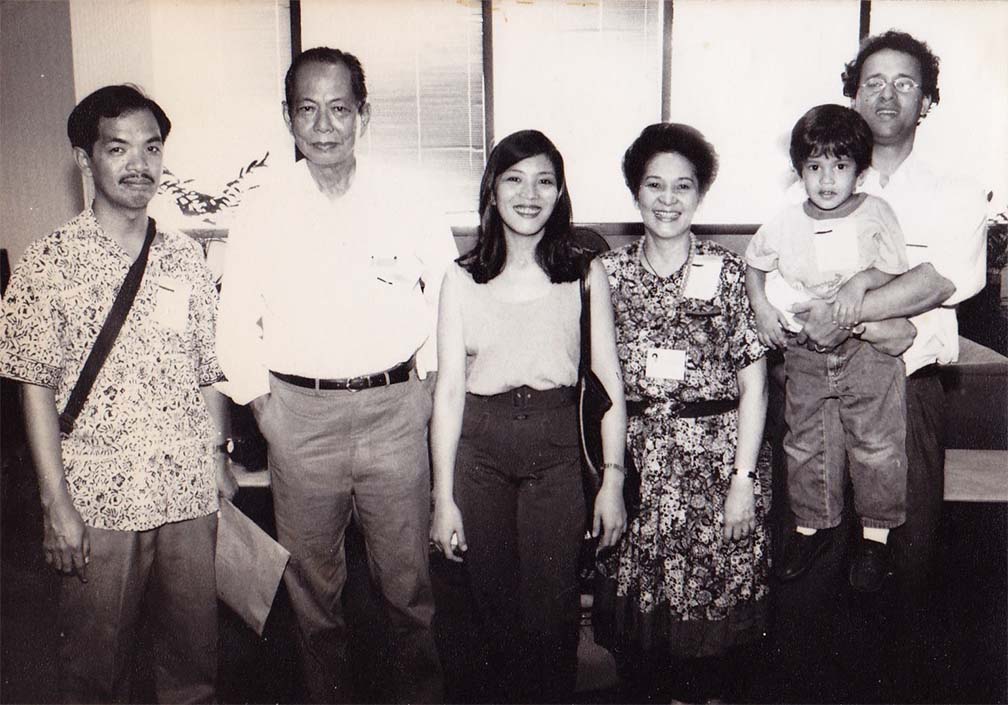
STRONG FAITH
The strong faith of filmmaker Abaya had enabled her to see death as the secret passage to a new life that theologians call resurrection.
She once reflected on her earthly existence thus: “I was out everywhere for many years. Filmmaking took me all over the world studying, producing, lecturing, exhibiting, competing, bowing. Five booklets of my passports, 60 pages each, stapled together into one fat book, bear most of my comings and goings in the past decades.
Scattered all over my library are hundreds of brochures, leaflets, posters, citations, trophies, favorable reviews, scathing criticisms, speeches, countless airline tickets, hotel receipts, airport taxes and mileage reports. I leaf through these pages now and smile wryly as I visualize all the places, I’ve been to in search of something worth finding. Ironically, it is only now when my travels are closer to home, to Batangas, Pampanga, Camarines Sur, and Zamboanga, where I serve and organize media apostolates, that I finally sense my ultimate destination, the only one worth going to. And I realize that it isn’t about somewhere. Rather, it’s about someone.”
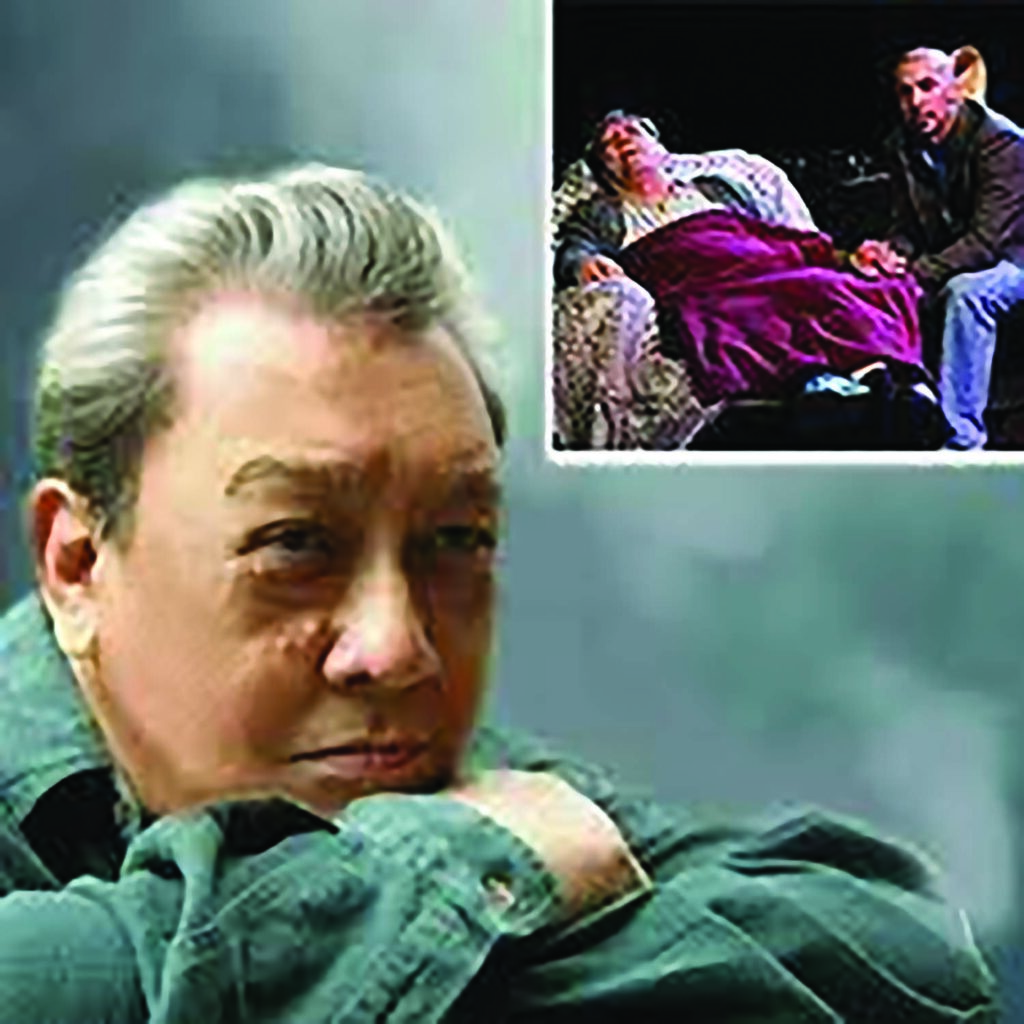
Asked how she regards death; she begins by quoting a Zen saying: “The joy of raindrop is to enter the ocean.”
Some years back, I was surrounded by eye drops, assorted pills for cold and fever and pain relievers.
Then you begin to look at life as something that can be taken away from you at any time.
In my last check up, the good doctor said Stage 2 hypertension may not look critical but its consequence is that it can strike in the dead of night and leave you lifeless without warning.
And so, you stop short and reflect on a 73-year old life.
One night, while trying to catch sleep, you are drawn to a TV documentary on victims of heart failure. It doesn’t choose its victims.
A taxi driver and a business executive are found dead in their work stations.
The following day, you read the news that a director-friend was found unresponsive in his home, and was pronounced dead in a hospital.
You realize with sadness that at your age, your friends and acquaintances are going fast.
When the results of the battery of medical tests get to you, you realize you have to say goodbye to many things you hold dear: a concert series in Iloilo, a yearly island music festival in Catanduanes, endless beer after a good concert, splurging on seafood and high-cholesterol appetizers.
The initial fear has set in, and you visit your grandchildren more often than usual. You think that every moment could be your last, and the memory of the smile of your youngest grandchild is all you want to carry to your grave.
Then you make a new resolution: You can’t watch all the concerts, you can’t be in all ballet opening nights, and you can’t be forever covering deficits for non-revenue concerts.
A world-famous diva dedicated an aria to me and I gave her a hug in the middle of the concert amid a cheering audience. I thought it was a beautiful night, and I ended up breaking doctor’s orders by ordering endless rounds of beer as I listened to anecdotes on art and life from my favorite diva and a celebrated Filipino super tenor. The other week, I said goodbye to live concerts in Makati and Iloilo.
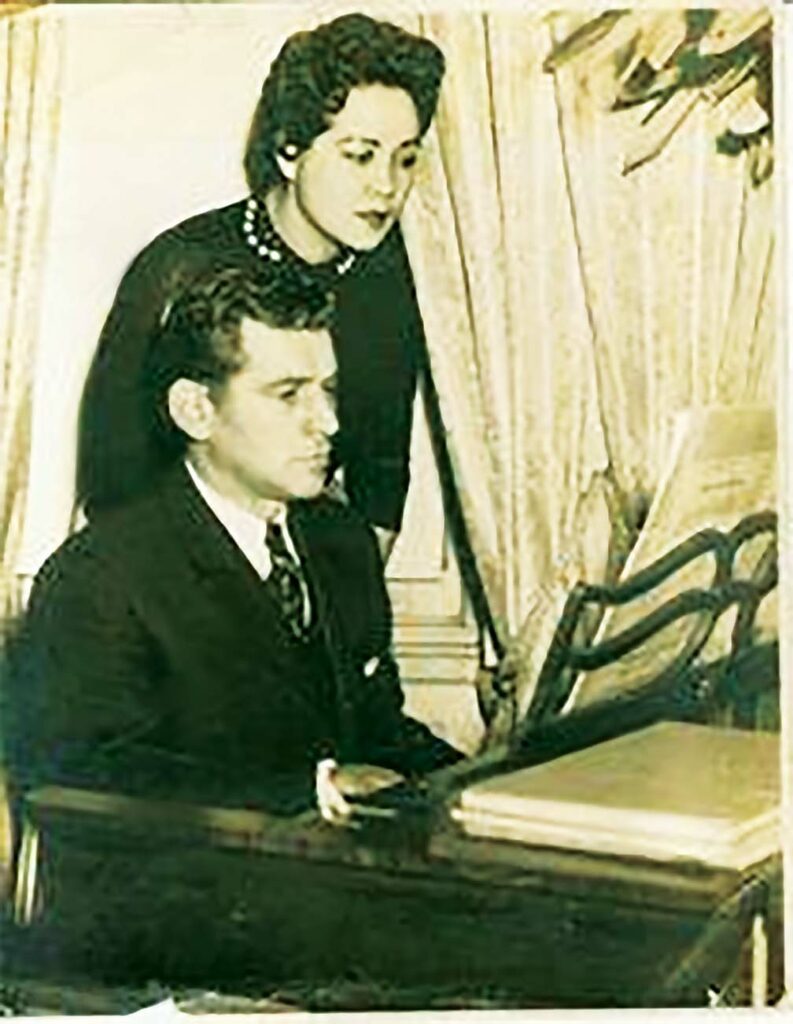
As I figure it out now, you can’t have everything. As the song goes, good things never last. You watch a good movie by a millennial director and you get a glimpse of your own youth now gone.
CYCLE RETOLD
Is there life after deafening applause and standing ovations?
No, a Bible-quoting life is out of the question. I can quote from favorite operas but the Bible has somehow eluded me.
Since you are not a likely candidate for sainthood, you resolve to just learn to be more real, to be more accepting, to be more forgiving of yourself and to stop complaining.
You stop being sorry for yourself and you begin to be happy for others. And you see deliverance from cars and houses that will not materialize in this lifetime.
But you stand firm on one thing: You cannot go to wakes and cannot participate in necrological services.
Like it or not, it won’t be long before I join them. I can see my daughters lighting votive candles for the repose of my soul years from now.
In this world you live, in this world you perish. It is the usual cycle, retold countless times in literature and cinema.
Violetta dies in La Traviata and so does Mimi in La Boheme.
The latest death scenes I saw in opera was Lucia di Lammermoor where the Mad Scenes highlighted a life about to end.
But when Lucia’s loved one Edgardo drove a dagger into his chest, there was collective gasp from the audience as he lay dying. The tenor finished his Tomb Scene aria with aplomb.
A standing ovation followed.
To be sure, I don’t expect applause and standing ovations in my true-to-life death scene.
(My last concerts in Makati and Iloilo received such euphoric reception Oct. 17 and 20, 2022)
I’ve turned to music many times to cope with my own share of life’s ironies.
Should I just accept death for what it is?
SOLACE
Mark Twain once declared, “I do not fear death. I had been dead for billions and billions of years before I was born, and had not suffered the slightest inconvenience from it.”
If you can’t find redemption in philosophic musing, maybe you should find solace in the words of actress Angelina Jolie, who once said: “There is something about death that is comforting. The thought that you could die tomorrow frees you to appreciate your life now.”
As we go to press, OPM icon Daniel (“Danny”) Morales Javier has also passed away Monday, Oct. 31. He was 75.
Danny Javier, along with bandmates Boboy Garovillo and Jim Paredes, started the OPM (Original Pilipino Music) movement in the 70s.
His death was confirmed by daughter Justine Javier Long who posted on FB: “In life, as in his death, our Pop never stopped fighting for what he loved, what he believed in and what he was passionate about. He left this world with his passion and his strength of will intact and we know he would not have it any other way.”

